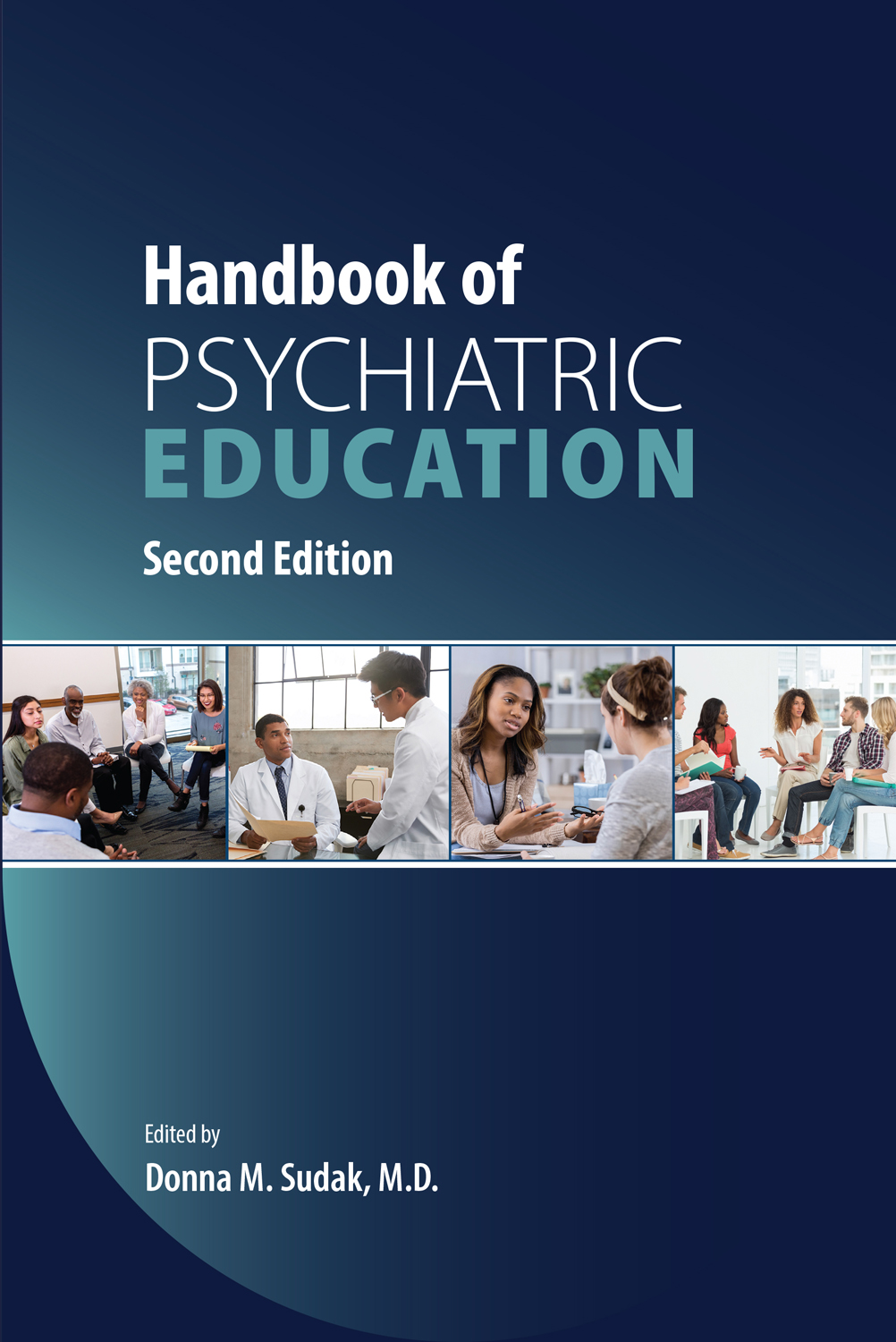Chapter 1. Principles Of Adult Learning
FOUNDATIONS OF ADULT LEARNING
APPLYING ADULT LEARNING PRINCIPLES AT THE LEVEL OF EDUCATOR AND TRAINEE
| Goals in teaching | Clinical educating methods |
|---|---|
Self-concept: Encourage individual inquiry and self-directed learning | Ask trainees to state their own goals and priorities for learning at the start of a class/rotation or before initiating a patient interview Use a graduated approach, offering more clinical responsibility and less direct supervision over time Challenge trainees to make decisions (e.g., regarding diagnosis or treatment choices) and discuss their rationale Ask for trainees’ input and opinions often Provide useful resources early on that trainees can access independently on their own time |
Experience: Acknowledge and validate learners’ individual backgrounds, experiences, and prior knowledge | Create a cooperative learning environment built on mutual respect Share past learning experiences as appropriate, and invite trainees to share their own as it relates to learning Facilitate reflection: ask trainees to compare prior experiences and knowledge to what they are learning Link learning material to trainees’ interests Universalize the concept that individuals hold implicit biases, and model ways to bring bias into awareness and to mitigate its impact on patient care Reassure trainees that there are many different approaches to subjective aspects of clinical practice and not necessarily any one right way of doing things |
Readiness to learn: Modify educational materials and content based on the learner’s level of training | Assess trainees’ needs List learning objectives at the start of every learning experience, whether it occurs more formally in a classroom or on bedside rounds Gauge receptiveness to learning by attending to trainees’ affect and cognitive-emotional state Consider how much time trainees can dedicate to self-study and adapt teaching methods accordingly (i.e., residents often lack time for class preparation given clinical duties compared with preclinical medical students) |
Orientation to learning: Prioritize relevant, practical, and problem-centered material that can be immediately applicable to real clinical scenarios | Start instruction by posing a problem and providing educational material for learners to solve it Provide or ask trainees to contribute personal examples and case studies that demonstrate practical application of theories and techniques Leverage unexpected “teachable moments” to deepen learning relevant to a distinct time, place, and situation Keep teaching points brief, succinct, and time limited Engage multidisciplinary staff in teaching trainees during their interactions (e.g., have social workers review disposition planning or nurses explain the floor protocol for admissions) |
Motivation to learn: Guide trainees in achieving competence while bolstering their intrinsic motivation and supporting self-esteem | Give specific and objective feedback that highlights strengths and offers suggestions for improvement Link learning objectives to trainees’ long-term plans and expectations Provide methods for self-assessment |
Stimulate interest by demonstrating genuine enthusiasm and excitement Diversify teaching methods (e.g., online applications, pair-sharing, writing exercises) and allow trainees’ flexibility in choice with regard to how they want to learn |
APPLYING ADULT LEARNING PRINCIPLES ACROSS VARIOUS SETTINGS
Classroom
LECTURES
FLIPPED CLASSROOM
SIMULATION AND STANDARDIZED PATIENTS
Clinical Settings
BEDSIDE TEACHING
CLINICAL ROUNDS
Self-Study
CONCLUSION
— KEY POINTS —
REFERENCES
Information & Authors
Information
Published In
History
Authors
Metrics & Citations
Metrics
Citations
If you have the appropriate software installed, you can download article citation data to the citation manager of your choice. Simply select your manager software from the list below and click Download.
For more information or tips please see 'Downloading to a citation manager' in the Help menu.
View Options
View options
PDF/EPUB
View PDF/EPUBLogin options
Already a subscriber? Access your subscription through your login credentials or your institution for full access to this article.
Personal login Institutional Login Open Athens loginNot a subscriber?
PsychiatryOnline subscription options offer access to the DSM-5-TR® library, books, journals, CME, and patient resources. This all-in-one virtual library provides psychiatrists and mental health professionals with key resources for diagnosis, treatment, research, and professional development.
Need more help? PsychiatryOnline Customer Service may be reached by emailing [email protected] or by calling 800-368-5777 (in the U.S.) or 703-907-7322 (outside the U.S.).
